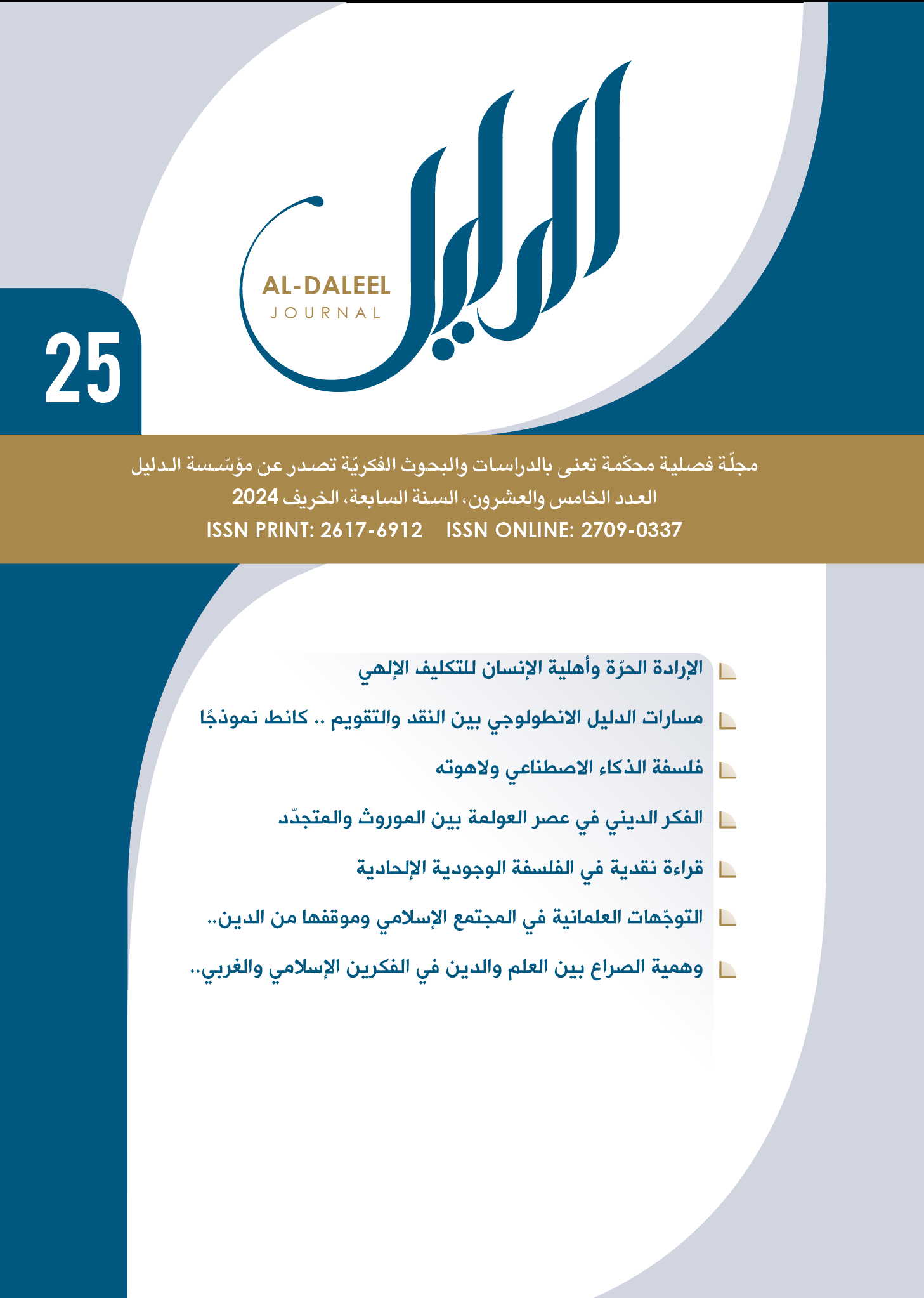Abstract
The validity of assigning any obligation to a human being and demanding adherence to certain rules hinges on their freedom of choice in their actions and their moral responsibility for their behavior. But if they lack the choice in their actions, then obliging them or directing their conduct in life would be meaningless. Likewise, it would not make sense, even from a logical standpoint, to punish them for not following the rules or reward them for doing so. This is a very clear idea, almost self-evident. Some critics of religion have attempted to use this matter to challenge religiously obliged duties, claiming that humans do not possess free will and that they are not free in their choices; therefore, are unqualified to be addressed with divine commands. Thus, religious laws are deemed ineffective and do not fulfill their claimed purpose.
This article seeks to analyze this issue, elucidate its underlying principles and outcomes, and subsequently critique it in light of unchangeable principles of intellect that are acknowledged by every rational mind. It will become apparent that such a claim, if valid, would not only negate the usefulness of religious legislation but would also undermine all manifestations of human ingenuity and progress across all spheres of life
This article seeks to analyze this issue, elucidate its underlying principles and outcomes, and subsequently critique it in light of unchangeable principles of intellect that are acknowledged by every rational mind. It will become apparent that such a claim, if valid, would not only negate the usefulness of religious legislation but would also undermine all manifestations of human ingenuity and progress across all spheres of life
Keywords
Action by choice
Divine accountability
Free Will
Will
Abstract
إنّ صحّة توجيه أيّ تكليف للإنسان، أو مطالبته بالالتزام بضوابط معيّنة، رهينة بأن يكون مختارًا في أفعاله، ومسؤولًا عن تصرّفاته من الناحية الأخلاقية، وأمّا إذا كان لا يمتلك الاختيار في فعله فلا معنى لتكليفه وتوجيه حركته في الحياة، كما يقبح عقلًا معاقبته على المخالفة أو إثابته على الامتثال، وهذا أمر واضح، بل قريب جدًّا من البداهة، وقد حاول بعض منتقدي الأديان الاستفادة من هذه الحقيقة لتوجيه النقد إلى التكاليف الشرعية في الأديان، بدعوى أنّ الإنسان لا يمتلك إرادةً حرّةً، أي ليس مختارًا في فعله، فهو ليس بمؤهّلٍ لأن يكون مخاطبًا بالتكاليف الإلهية، فلا تنفع التشريعات الدينية ولا تؤدّي الغرض المدّعى فيها. نحاول في هذا المقال تحليل هذه الإشكالية وبيان أسسها ونتائجها، ثمّ نقدها في ضوء ثوابت العقل التي يقرّ بها كلّ لبيب؛ ليتبيّن لنا بعد ذلك أنّ مثل هذه الدعوى لو صحّت فإنّها لاتلغي فائدة التشريعات الدينية فحسب، بل تلغي جميع مظاهر عبقرية الإنسان وتقدّمه في جميع مجالات الحياة
Keywords
أهلية الإنسان
الإرادة
الإرادة الحرّة
التكليف الإلهي
الفعل الاختياري
